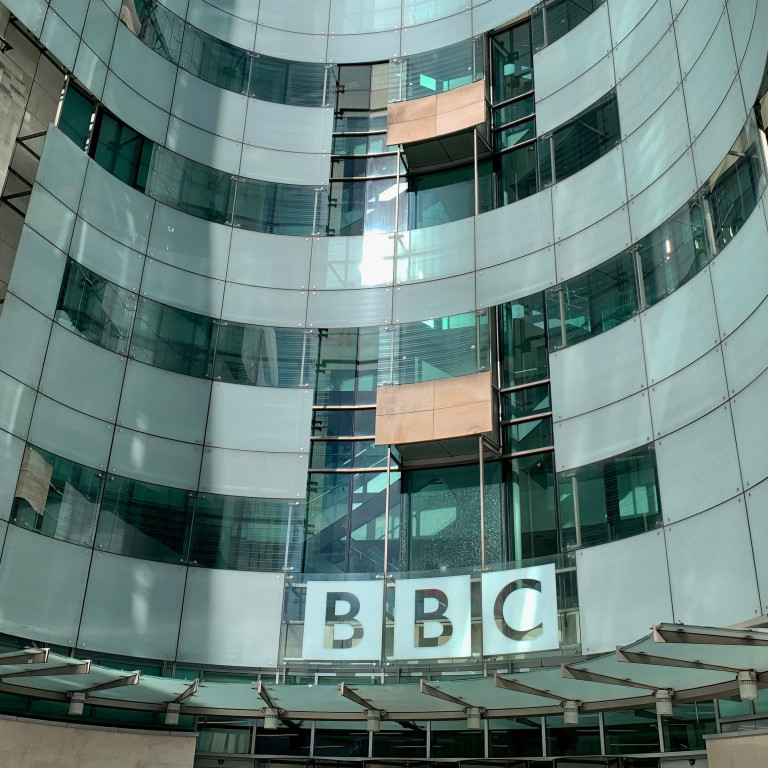The Advertising Standards Agency (ASA) has banned two of HSBC’s adverts on the grounds of misleading advertising and environmental claims.
Two of HSBC’s bus stop posters in Bristol and London claimed, respectively:
- "HSBC is aiming to provide up to $1 trillion in financing and investment globally to help our clients transition to net zero". Depicting waves crashing on a shore.
- "We're helping to plant 2 million trees which will lock in 1.25 million tonnes of carbon over their lifetime". Set against a backdrop of tree growth rings.
What is the UK legal CAP Code?
The UK Code of Non-broadcast Advertising and Direct & Promotional Marketing (CAP Code) is the rule book for non-broadcast advertisements, sales promotions, and direct marketing communications. It ought to be followed by all advertisers, agencies, and media. The relevant sections in this case are:
- Section 3.3: Marketing communications must not mislead the consumer by omitting material information.
- Section 11.1: The basis of environmental claims must be clear. Unqualified claims could mislead if they omit significant information.
How did the ASA come to its greenwashing conclusion with HSBC?
The ASA considered that consumers would understand the adverts to mean that HSBC was making, and intended to make, a positive overall environmental contribution as a company. However, it also considered that HSBC was continuing to finance natural gas and oil production during the transition to net zero, and that it should have made this clear in the adverts.
In particular, HSBC’s 2021 Annual Report indicated that:
- HSBC’s current financed emissions – emissions related to the customers it financed – stood at the equivalent of around 65.3 million tonnes of carbon dioxide per year for oil and gas alone.
- HSBC intended to continue funding thermal coal mining and power production – a type of fuel that emitted high levels of carbon dioxide and other greenhouse gasses – to some degree until 2040.
ASA concluded that the ads omitted material information and were therefore misleading.
The decision can be read here.
Find out more
ASA has a strict approach to environmental claims. Businesses should take care to ensure they are not omitting material information in their advertising generally, but perhaps especially so when it comes to environmental claims.
If you would like any legal help or advice on this matter then please contact our dedicated corporate team.





